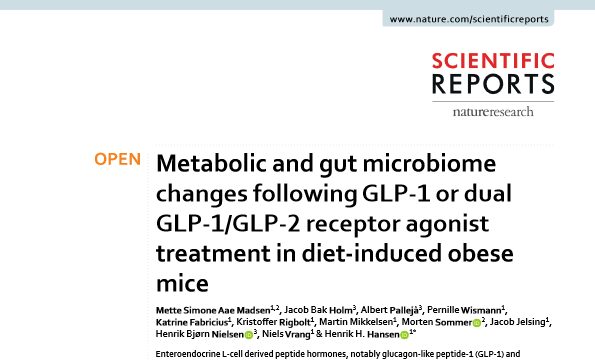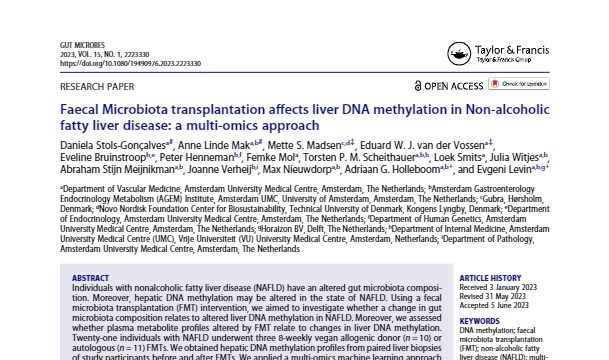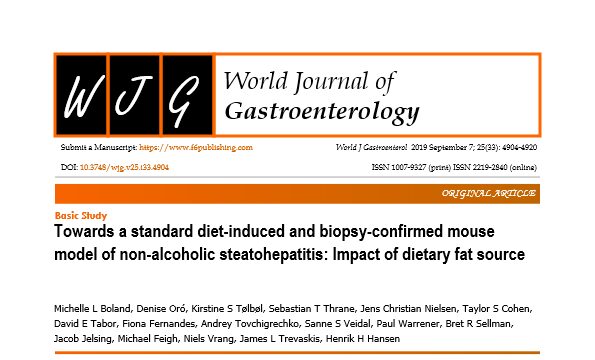To provide the best experiences at gubra.dk (operated by Gubra A/S) we would like to use so-called ‘cookies’ for the following purposes:
- to customise the content of the website to make it more relevant (functional cookies),
- to compile statistics that can be used to better understand how our website is used and to improve it (statistical cookies).
In connection with the purposes stated above, we process information about [your device, your browser, your IP address and your behaviour (page visits, clicks, etc.) on our website].
We use our own cookies as well as third-party cookies for the above purposes.
By clicking ‘Accept’ you consent to the use of all cookies. You can also choose to customise your consent below and click ‘Save preferences’. However, it is not possible to disable the use of cookies that are indispensable to ensure the proper functioning of the website.
You can read more about the use of cookies in our
cookie policy and you can change or withdraw your consent at any time.
The technical storage or access is strictly necessary for the legitimate purpose of enabling the use of a specific service explicitly requested by the subscriber or user, or for the sole purpose of carrying out the transmission of a communication over an electronic communications network.
The technical storage or access is necessary for the legitimate purpose of storing preferences that are not requested by the subscriber or user.
The technical storage or access that is used exclusively for statistical purposes.
The technical storage or access that is used exclusively for anonymous statistical purposes. Without a subpoena, voluntary compliance on the part of your Internet Service Provider, or additional records from a third party, information stored or retrieved for this purpose alone cannot usually be used to identify you.
The technical storage or access is required to create user profiles to send advertising, or to track the user on a website or across several websites for similar marketing purposes.



